Because He Was a Doe Once, and His Feet Can't Forget the Taste of Soil, by Kyle E Miller
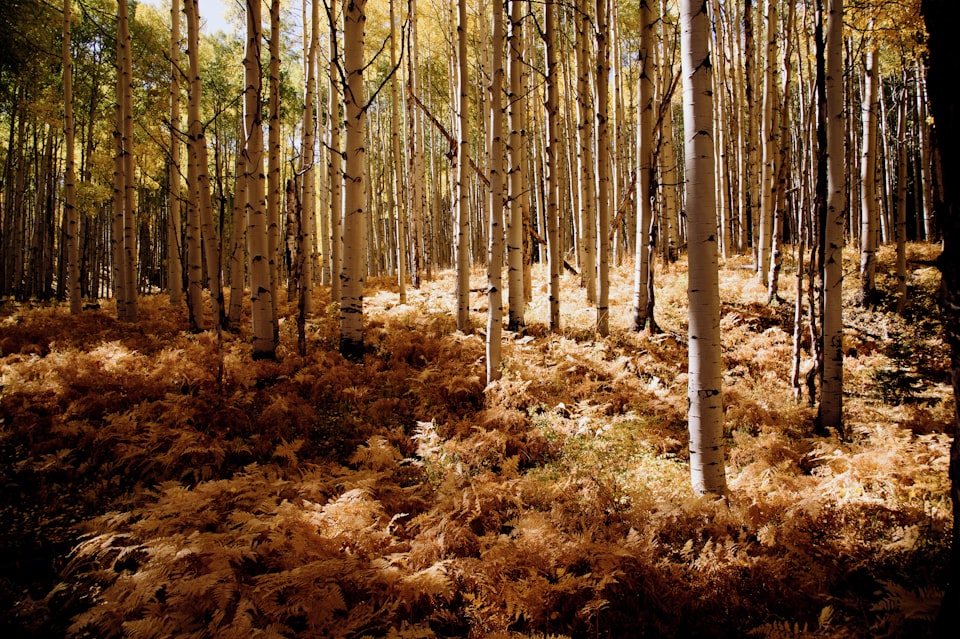
Ashley was only a few miles from home, but he had never been to this part of the countryside. He stood in an empty cornfield thinking of the chair he had been commissioned to build, watching the wild clover, which seemed unbearably green after the pale grays and sodium yellows of his small apartment, and stared at the edge where the field met the forest. He scanned the woods and looked at his feet. Seven beads of a shattered raindrop sat on the clover leaf at his feet, arranged as they would be on a die's seventh side. He crouched and saw that the other two leaves had clusters of drops, and there was a tiny black wasp or lacewing or fly perched on the edge of the leaf, drinking. Still crouching, Ashley looked up at the woods and noticed a subtle gap in the trees and shrubs, all the greenery and damp black twigs bent slightly around an oval of negative space as dark as the interior of the forest. A wild daisy grew where the gap met the ground. Ashley started to cry.
He felt—. He thought—. He remembered—. These were gaps, blanks. His childhood was nowhere to be felt or seen. Where was the wisdom of psychology, of analysis, of all the invented narratives of shame and repression—where were they now? No, nothing below was answerable to anything above. The depths, if unseen, were really unseeable and prehuman, innocent of explanation for the way the gap in the trees created by a doe and her sisters made him start crying. And what kept him crying was the mystery itself, an exalted, placating sensation coming from the alders shaped by wind and the flanks of deer, not a memory, not a prophecy—and then the small figure curled in his mind's grasses, a boy he once resembled but never looked exactly like. How he had kept him all this time, or how he had been kept for him. The boy wasn't Ashley and never had been. The two had never met. The one didn't come from the other: the boy may have been there all along or may have appeared anyway if Ashley had walked in another direction that morning, or not.
The boy stood up, but stayed on all fours, a quadruped. He had four legs and no arms. He padded softly to the gap in the woods. The entrance into the forest was guarded by high thorny branches, the delta of the doe's spoor, forcing Ashley to duck, but one of the twigs caught him anyway and ran a thorn down the back of his neck, drawing blood. He shivered in the coldness of the thorn, and the blood made him colder. Pain: so this was happening, and not not happening, he thought. It was what you called “real”. When the boy vanished beyond the sheer bank of a stream, the forest took him farther by its own urgings.
Near a dim grove where he smelled water, Ashley walked down a flight of stone steps, his shoes licked by algae and cryptogamous growths white and blue and damp. A bell hung from an alder at the bottom by two or three strings, one of them so moldy it looked like the tendril of a grapevine. Ashley left the bell alone, enjoying the silence and knowing somehow that it was going to be broken soon. On the ground in the center of the grove sat a cup or chalice or goblet or Dixie cup or shot glass pushed about by woodlice and the backs of orange centipedes. The vessel was empty, or not, somehow in-between. Full of nothing, or empty of nothing. The cup was warm to the touch, some kind of soft metal, and when Ashley brought it to his mouth, it rang like a bell. Bottoms up.
It was like the first discovery of milk by an infant, but it wasn't milk. It wasn't water or wine or vinegar, not exactly, but it went down like burning velvet and removed nothing from his body. Finally, something to flush out the nothingness hardened like concrete in the limbic paths of his body. He was being completed, for a moment or a year.
At the bottom of the emptied cup, Ashley watched several small forms wriggle about. They reminded him of the boy curled in the grass. The bell in the tree rang, and a flint disc knocked the cup from his hand. The alders were moving aside, yes, making way for the shaggy goat with the sunburned face, and the legless youth who rode on his back, strapped into a dark leather harness. He wore a crown of horns. Where the sunlight broke through the trees and touched the youth, it made the delicate blond hair that covered his naked body shine like wheat.
The goat talked into Ashley's left ear, and the youth talked into his right, both at once, brewing a potion of the goat's high speech and the boy's low one, a language Ashley might be able to understand: “The life of a paramecium and a tardigrade and a raven and an ape and an aster and a plesiosaur and a colony of bees on one hand, and seven humans on the other.”
Ashley looked at his hands and the gnat that fed on the thin, vulnerable tissue near where he bit his fingernail, and then back to the visitor. If he was meant to make a decision, the time had passed.
“It's going to be harder than these generations expect, even if we make it easier beforehand, inventing plows, building horses to attach them to, breeding new seeds to outlast a germ shed by the creation of plows and horses. Balls of fire will fight the sky. Huge steel men will sack the city of women and distribute madness to the survivors. There are ways to stop it, but patience is wiser. We mimic those we love, you see, but anyone will do if no one else is around. But don't gut the rabbit before you're hungry—no single idea or humor or fury survives forever. The rhythm of life accommodates all equally. The paramecium and the human are sitting on the same bench.”
The goat shifted its rear legs, farted, and dropped some fresh shit on the ground as the youth adjusted the silver buckles of his harness and a beetle, smelling the goat's droppings, left its burrow in search of food. Ashley swallowed for the first time in a while, and the puzzled speech continued unbroken.
“There is a way beneath it, when it comes, but they'll never forgive you for turning tail. They'll accuse you of being afraid or ashamed, and they’ll be wrong. But there's a place for you, over here, if you want it. A seat. Over here, where the coyote lies down with the cat and the leech can buy blood from the market. It isn't perfect. It isn't always comfortable. And you may come to wish you had remained. Crimes happen—they help turn the wheel. Out there, you may meet a few who understand the mathematics of compromise and exchange, but they will still judge you for leaving the human family.”
The goat turned around and walked a few steps away from Ashley in the dim, moist grove. The air was close, the branches overhead getting heavy and somnolent in the stillness after the rain.
“That's what you came for, isn't it?”
Ashley watched them amble away for as long as he could, waiting to see what route they took, expecting a portal or ghostly train to appear, but they seemed to disappear the way anything else did in the woods, by putting enough trees between them and the watcher.
Ashley had a few new ideas about how he might finish the chair he was building. He had gone on a walk like he normally did when there was a problem that needed solving in the studio. There's a place for you, over here, if you want it. A seat. What were the odds? Here was someone who could handle the days the stars handed him. Someone whose shielding forearm deflected the points of spears, and afterward he hid the blood from you. He thought of everything. He had thought of everything, literally, and if that was possible, Ashley could finish a chair in time for the professor who commissioned it.
Ashley eventually found his way back, exiting along a different but not unrecognizable path into the cornfield. He thought about the incident every day for a long time, and then every other day, and then once a week, once a month, once every six months, and he finally forgot about it for a few years during the war until he walked to the end of a narrow peninsula that fell across a large lake and stopped to watch some aspens shaking in the wind, as if in panic.
Kyle E Miller
Kyle can usually be found wandering Michigan's forests, turning over logs looking for life. He currently teaches first year writing at Eastern Michigan University. His writing has appeared in Clarkesworld, ergot, and Bruiser, and he won first place in poetry at Poetic Visions of Mackinac in 2022.
- Website: https://www.kyle-e-miller.com
- Twitter: @templeoftheword
- Instagram: @temple_of_the_word
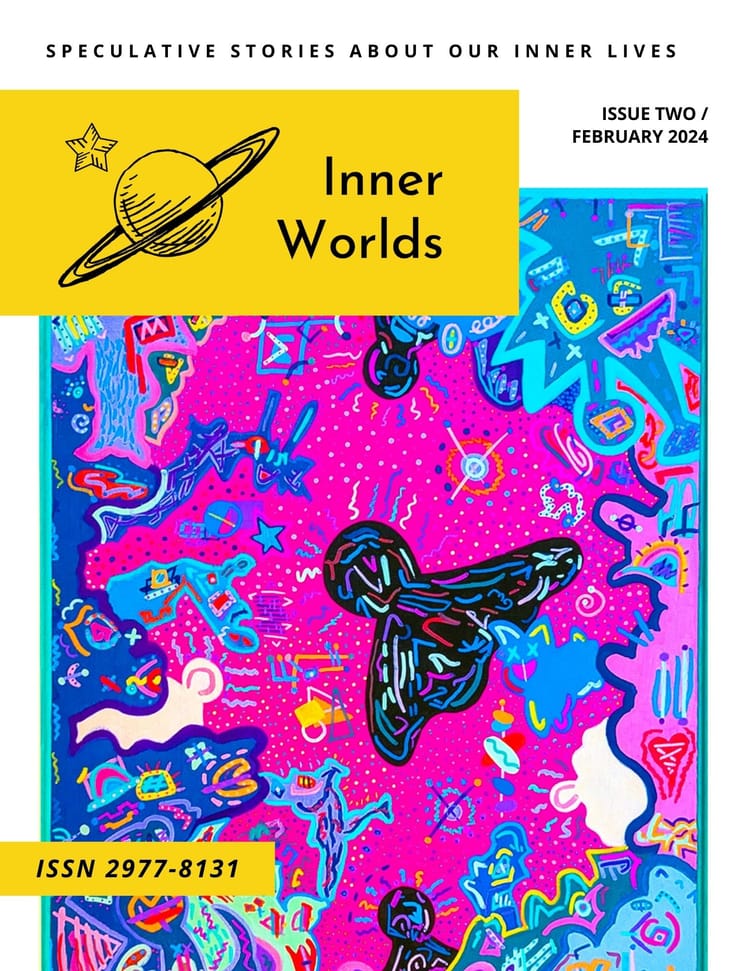
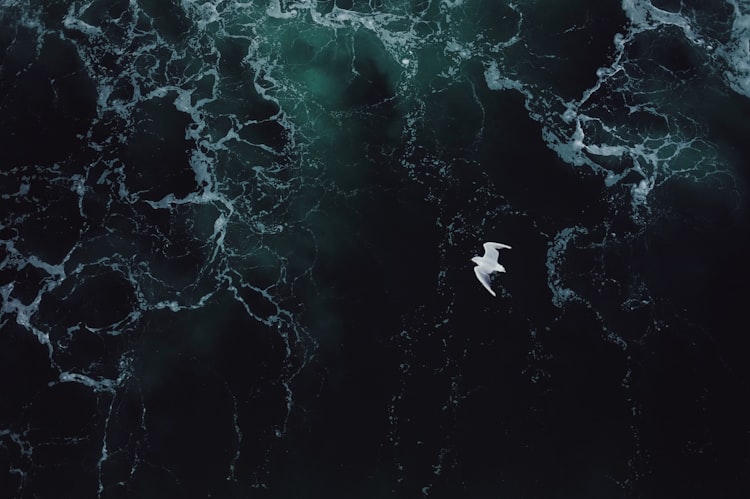
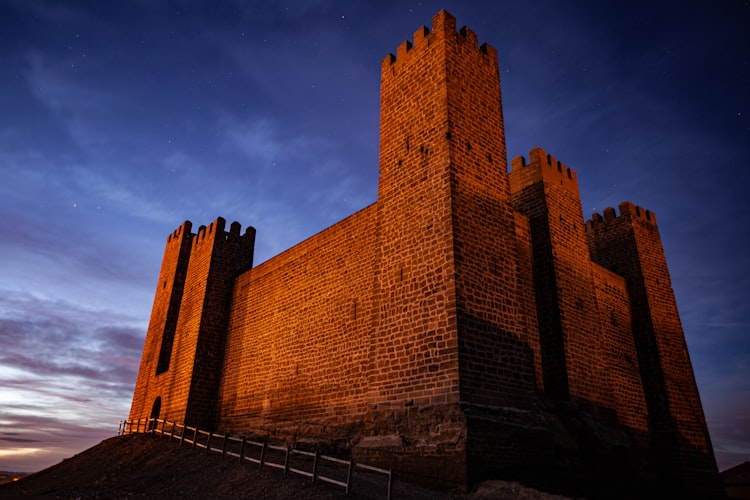
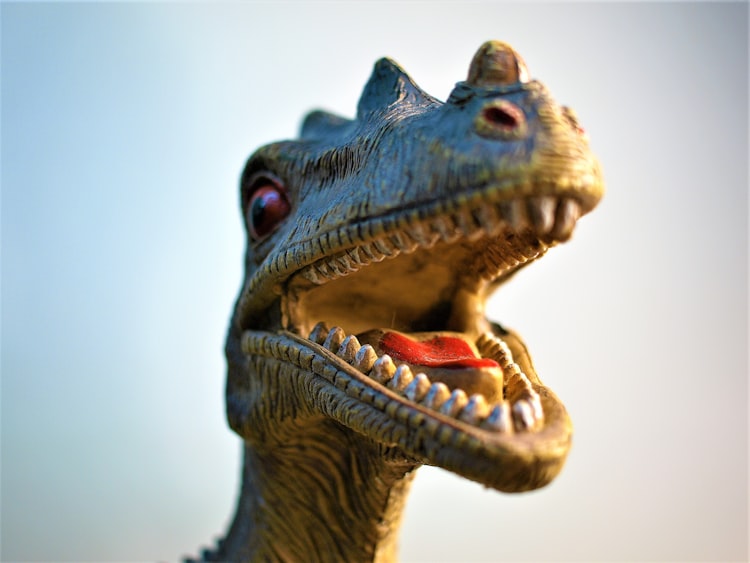

Member discussion